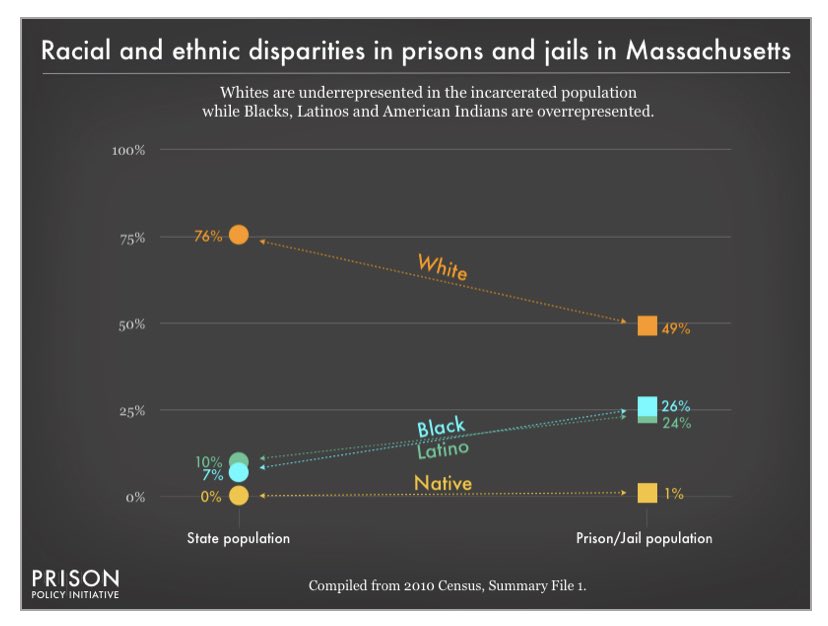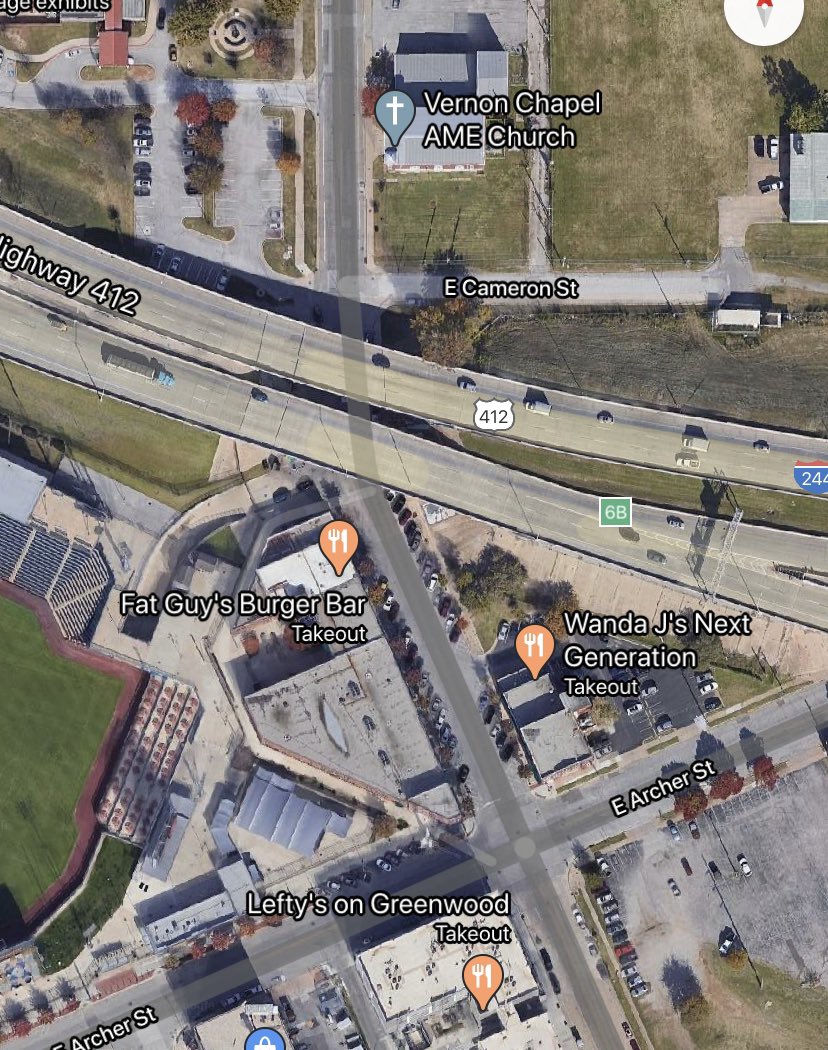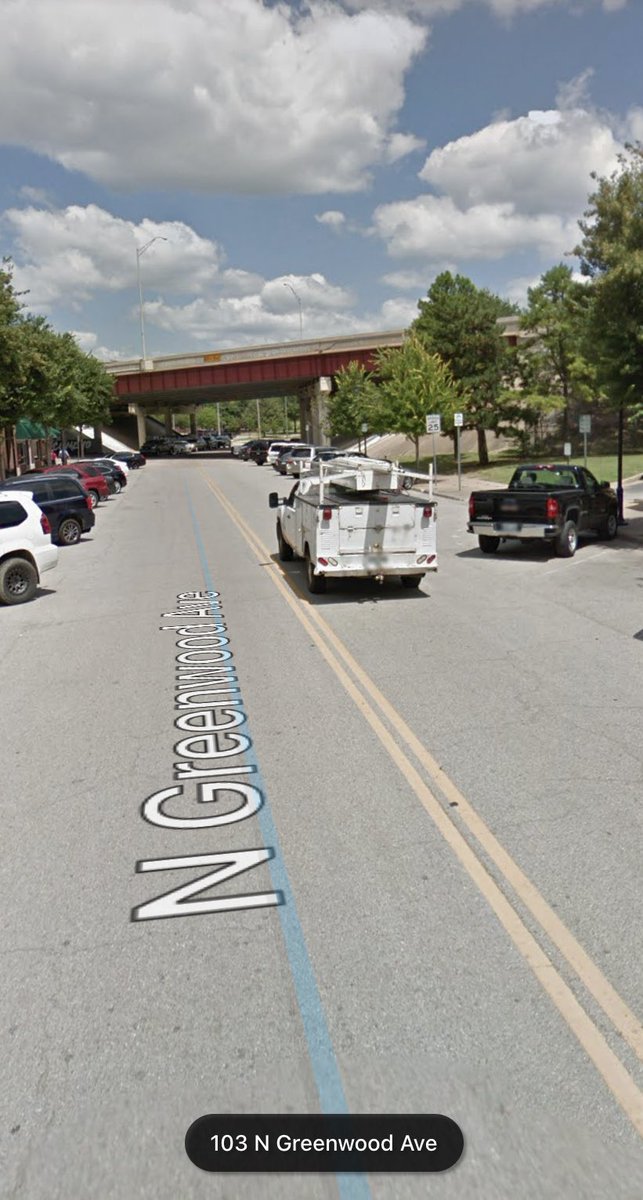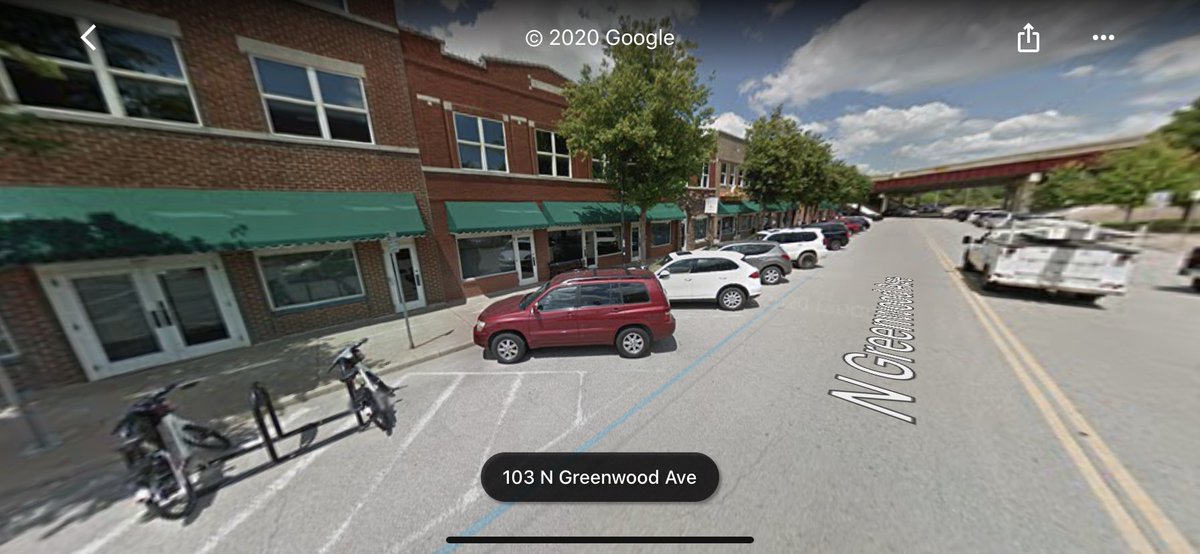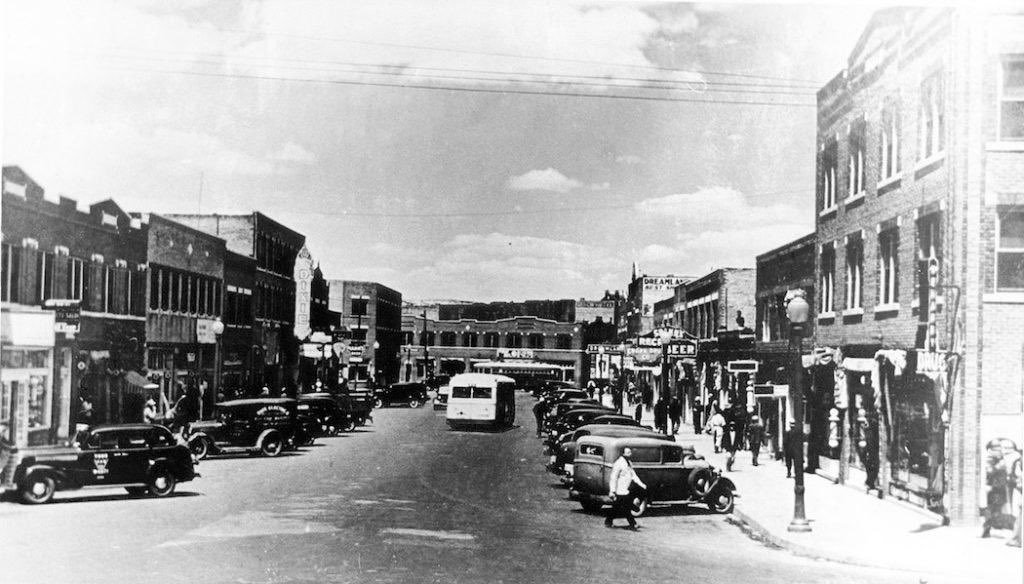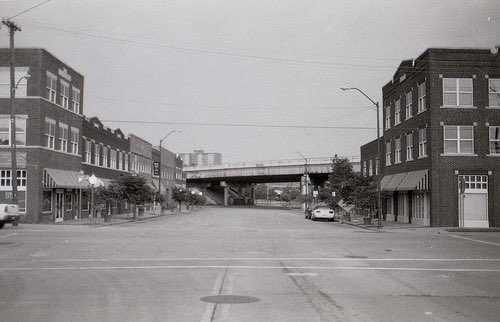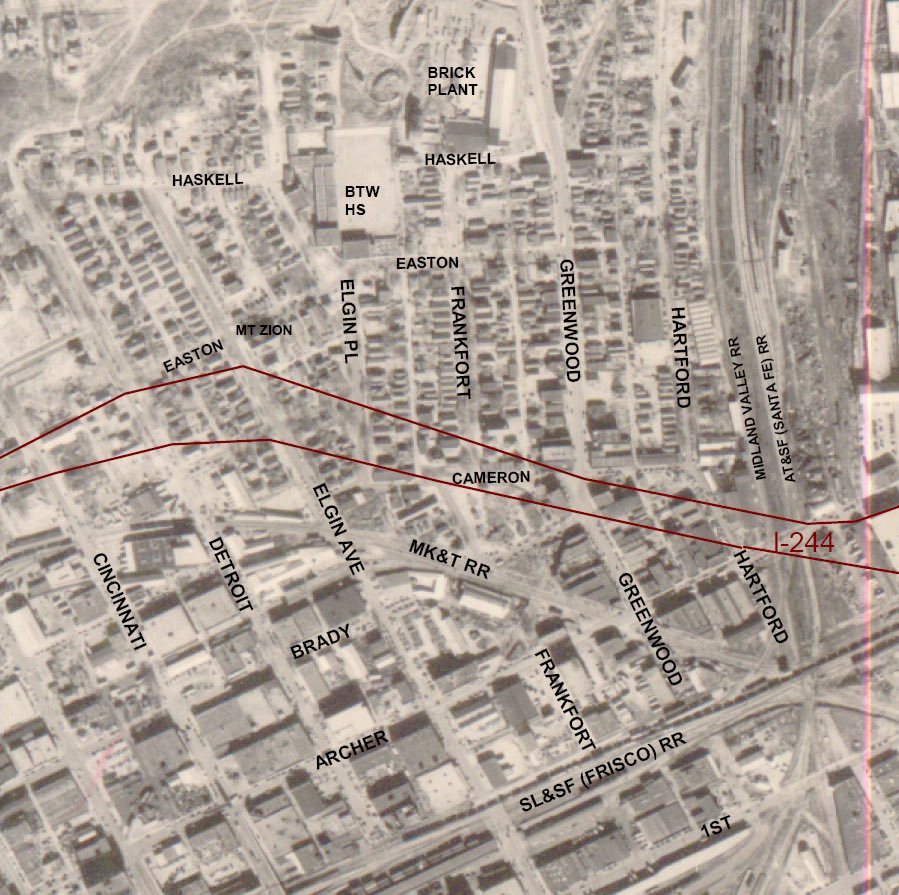
I couldn't imagine being the Secretary who presides over the permanent decline of the MBTA. The T is not just an iconic part of the region, but it helps address climate change and traffic, connects people to jobs and opportunity, and is one of the few egalitarian spaces left! 

To go from an advocate who fought for better transit to carrying water for fare hikes, service cuts, and arguing for hoarding federal funds. 

To be clear these permanent cuts are not fiscally responsible... They will devastate future ridership and housing production as well as accelerate and climate change. 

The Report on the Future of Transportation might as well be toilet paper. How do "we move more people and fewer cars" by cutting back service? How do we address climate change by forcing more drivers onto the road? Did we not build in uncertainty. 

Because of the failure of our politicians and MassDOT in the past, we're likely to have severe climate events that derail ridership. We can't control pandemics, and we're likely to see more of them because of climate change. Are abandoning the hard work of this team? 

Are we abandoning the goal of building a more equitable sustainable future? These permanent cuts are predicated on the idea that the T doesn't know when riders will come back or even if they will. That's complete BS. 

Are we to believe the most popular gov in the country, & a "progressive legislature" in wealthy states is powerless to shape the future? Are there no interventions like more TOD, a means-tested fare, more bus lanes, a cheaper, faster commuter rail that get folks back on the T?
That's to say nothing of what we need to do on the "stick" side of things. Equitable tolls (Why do 111 riders pay more to cross the Tobin than drivers?) & gas tax (14% hike over the last 30 years, while CR fares have risen 246%) are needed! 
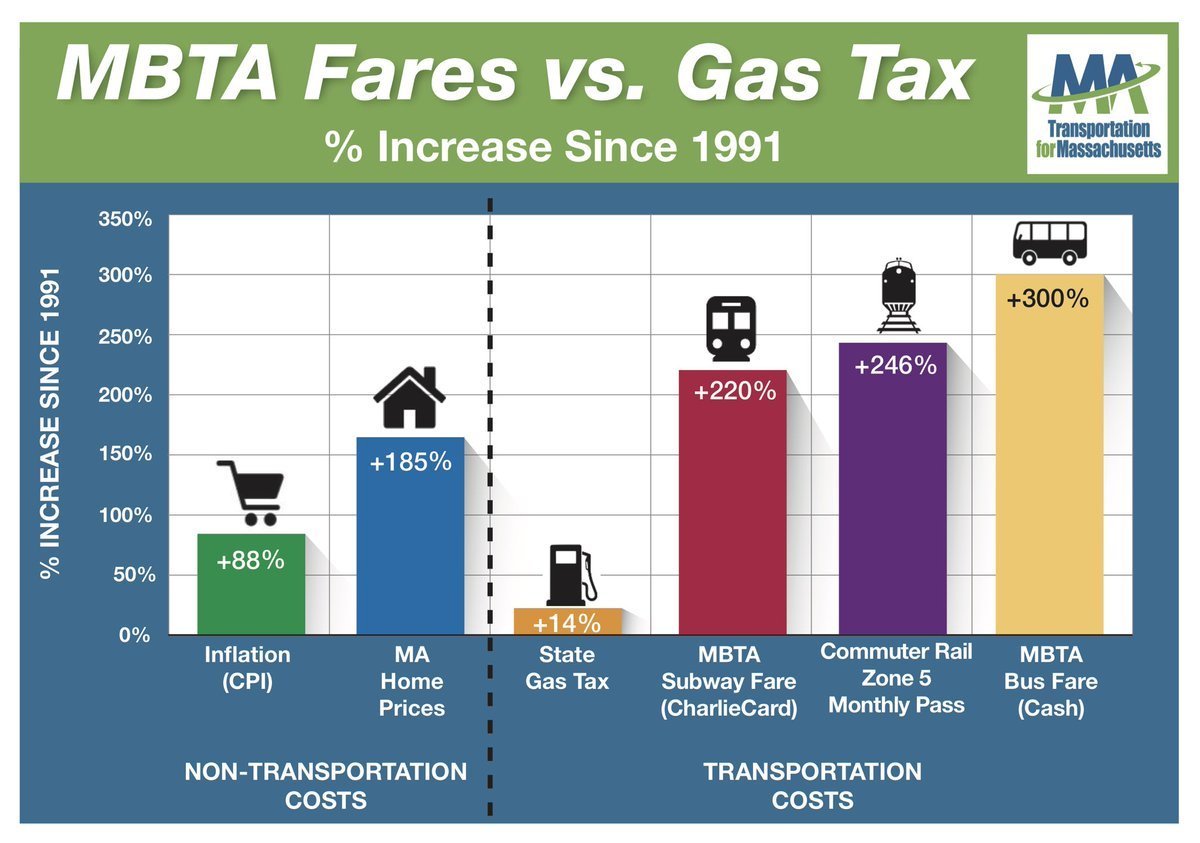
We can't make this Governor "get transit" or even care about it, but we can point out the cognitive dissonance of touting #HousingChoice and proposing permanent cuts to Commuter Rail service. What signal does this send to cities and towns? to developers? 



How can this administration thank essential workers and then cut evening bus and subway service? Cut ferry service for workers on the South Shore? 



We can do better. I wouldn't want my legacy as a Gov, legislature, or Secretary to be watching the permanent decline of the MBTA by failing to fund the T and take advantage of federal funding, or by setting us back on climate change by half a decade or more. #TransitIsEssentialMA
• • •
Missing some Tweet in this thread? You can try to
force a refresh

